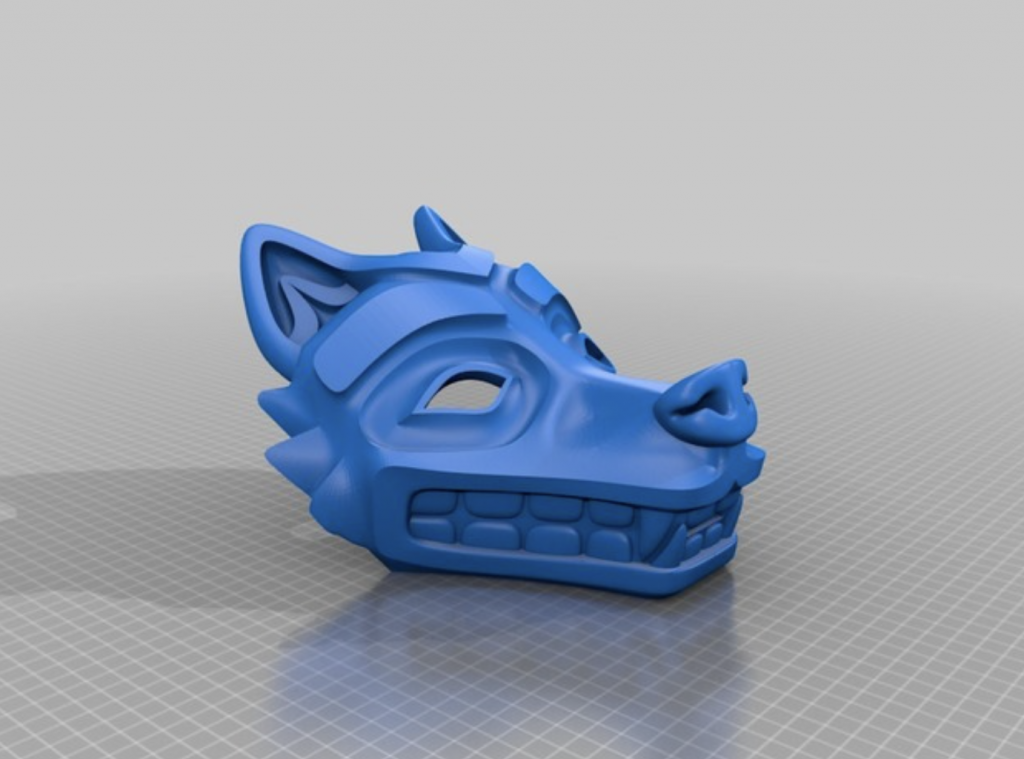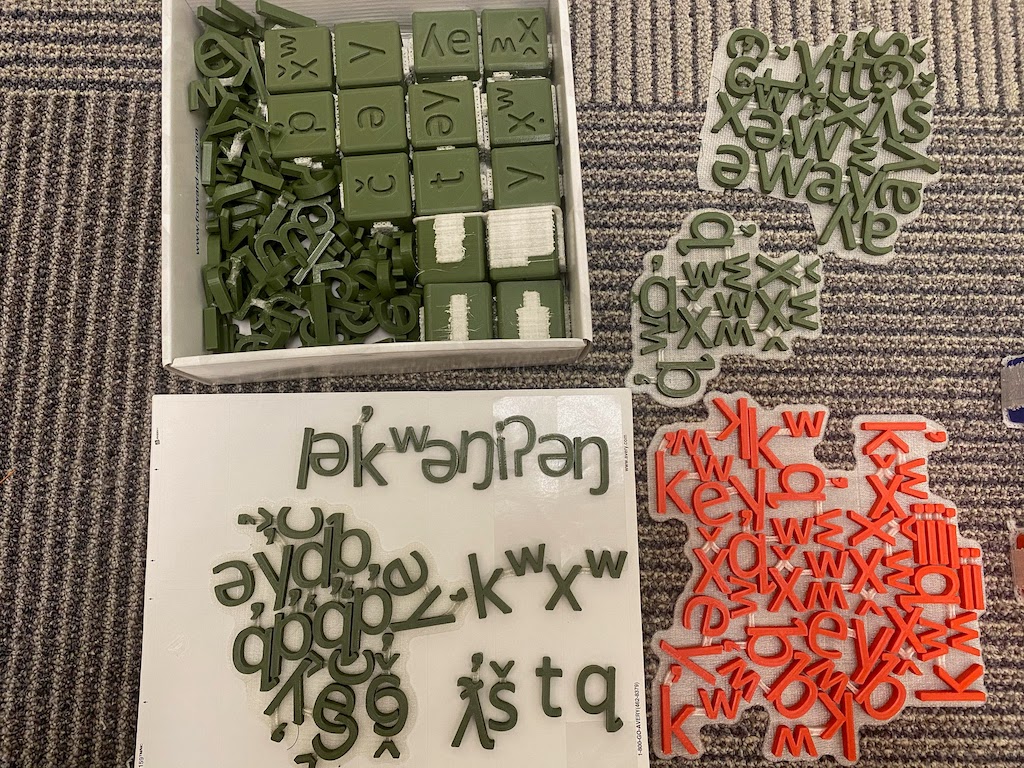Learning Objectives:
Pre-Class:
- Setup a TinkerCad Account (Create a personal account)
- Introduction to TinkerCad (just watch, don’t try to follow along) (3 min)
- Important 3D Printer Safety Tips (7 min)
OPTIONAL but very helpful videos to anyone new to 3D Design:
- How to move around in TinkerCad (5 min)
- Move objects & change the grid (4 min)
- Resize objects (4 min)
- Rotate objects (4 min)
Class Time:
Why 3D Design and Print in K-12 Education?
(1 min)

- Active Learning: One of the great things about 3D Design is that is inherently an active learning activity, as long as everyone in your class has access to a laptop that is. Get learners actively engaged in skill development for as much time as possible as soon as possible. “Learning is not a spectator sport!”
- Choice in Learning: Learners should be given as much choice as possible during the activities so that the instruction can meet their needs as closely as possible. If possible, encourage students to use solve a problem to solve, or pursue a passion. As much as possible avoid leading your students on a Forced March through the curriculum (aka lots of traditional lecturing).
- Differentiated Learning: If possible, allow participants to work at their own pace, and customize the instruction so that participants can get out of it what they need or want.
- Cross-Curricular: 3D Design and Printing can be naturally integrated into other subject areas as diverse as Math, Geometry, Language Arts, and History/Culture.
3D Printing to Support Language Revitalization

The UVic Libraries’ Digital Scholarship Commons partnered with the Esquimalt Nation language revitalization program and the W̱SÁNEĆ high school to help create refrigerator magnets letters and play blocks to help younger language learners have access to some of the same types of manipulatives that people learning the English or French languages have access to.
Here is where you can find the SENĆOŦEN letters and blocks models (the DSC does not have permission to make the lək̓ʷəŋən letter and block models public, but please contact Rich McCue if you are interested in them and he will put you in touch with our contact at the Esquimalt Nation language revitalization program). If you have access to a 3D printer, you can print letter and block sets on your own.
Reflection Activity
Please write down on a piece of paper your thoughts and reflections on the following questions:
- How might 3D Design & Printing be a useful pedagogical tool for your students?
- What are some potential problems or pitfalls you might encounter when using 3D Design & Print in K-12 classrooms?
- In your mind, what are the 1 or 2 major benefits and 1 or 2 major negative considerations when potentially using 3D Design & Print activities in your classroom?
Hands-on Lab Time
- Please complete one or more activities in the following 3D Design and Print workshop (60 min): lib.uvic.ca/3d
- A surprise Crafty Game… Rich will kick things off (25 min)
Learning Pod
Start work EdTech Presentation Group Project: Please start working on the planning document which is due October 10th.
Make your planning & research visible to Rich via one of the following platforms (or talk to Rich if you’d like to use something else):
- A Google Doc. Share to: rich@msys.ca
- An Office 365 document. Share to: rmccue@uvic.ca
Post your planning document to the Brightspace assignment which is due on October 10th. You will receive feedback from me on your planning.
Please ask Rich if you have any questions about the Planning Document part of the assignment or anything else related to it.
Homework:
- Write your Weekly blog post to document your learning in class and to document progress on your inquiries (incorporate audio, video, and screen video capture into your blog posts this week). Please include the following (or make your own critical evaluation of this topic or technology):
- Describe possible cross-curricular active learning opportunities for 3D Design & 3D Printing -OR- Describe how 3D Design & Printing could be used for language revitalization
- What are the potential pros and cons of using 3D Design and print at the school and grade levels you hope to teach at?
- Include a screenshot of one of the 3D Designs you made during the workshop
- Submit your blog post to the class BrightSpace website using the Topic 5 assignment page.
- Weekly Free Inquiry blog post:
- Document your free inquiry progress, reflecting on your progress, as well as identifying and evaluating helpful resources you found. Provide details on your learning progress (through success or failure).
- Employ a multimedia strategy in your post to help document your inquiry by using text and one or more other media to help make it more engaging (e.g., image, screencast, video, or other formats).
- Utilize social writing strategies such as hyperlinks to blog posts (e.g., trackbacks) or to articles/resources consulted, including web pages, images, videos, etc.
- Use the category, “free-inquiry”.
- Share your post with your learning pod at your next meeting (usually at the end of class time).



Leave a Reply